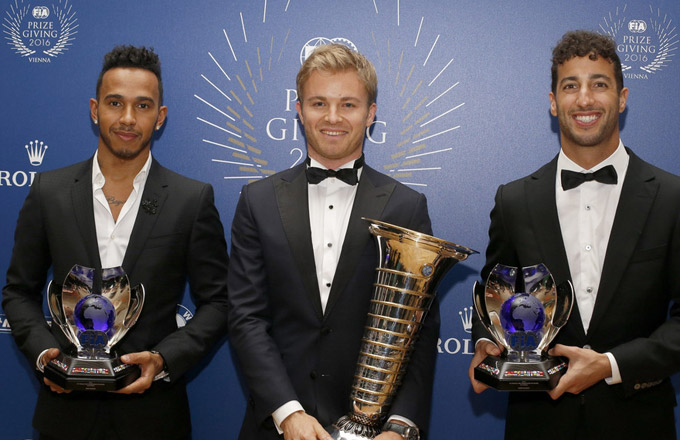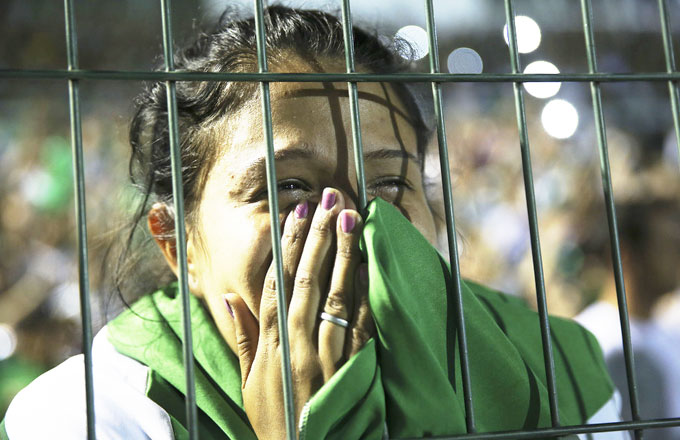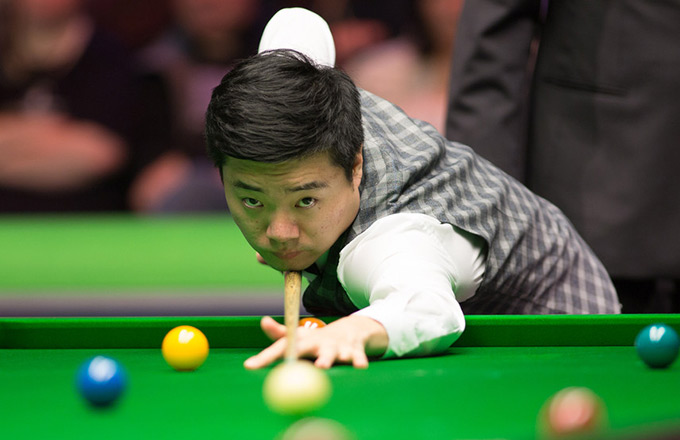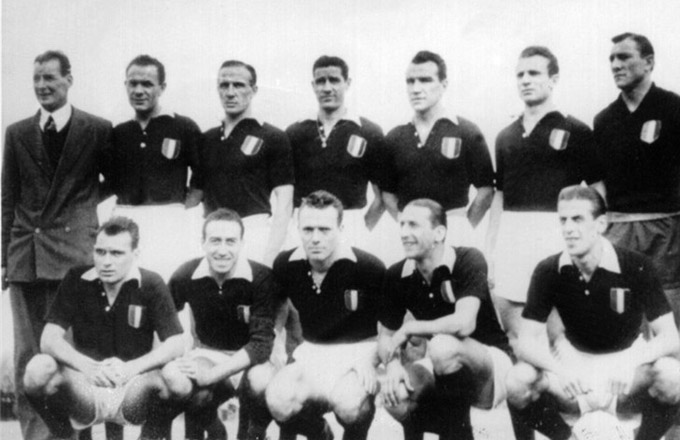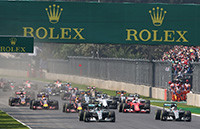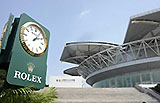FIFA's poppy ban is petty and foolish
It seems FIFA, the body we somehow still entrust to run the beautiful game, will now go to almost any lengths to court controversy.
It has now opened disciplinary proceeding against Wales because some of its supporters in the stands wore poppies in the World Cup qualifying game against Serbia.
This was after its ongoing action against England and Scotland for wearing poppies on their armbands during their fixture at Wembley in October.
FIFA claims it is a political symbol and as such - along with religious ones - it needs to be banned at soccer games.
Viewed from only a United Kingdom perspective, FIFA's action appears almost blunderingly comic rather than offensive. How could any serious organization embark on such a public relations disaster?
It is, after all, just something people wear to commemorate the British and Commonwealth war dead in the two weeks or so before Nov 11, the anniversary of when the World War I armistice was signed.
The price of wearing one is a small donation to The Royal British Legion, a charity which provides support for veterans and their families.
They are now almost compulsory to wear in Britain, something that has given birth to the term "poppy fascism." No one would dare appear on the television without one.
It is certainly something that has become much bigger over the past two decades. When there were many World War I and II veterans still alive, it was much more low key. Being in the wars was just a common experience everyone had.
However, the poppy is far from universal symbol. It is certainly not one that is recognized at all in China.
I was asked time and time again by colleagues and friends here why I had suddenly taken to wearing a "flower" (albeit one made of cheap paper and plastic) in my lapel as though I was making some idiosyncratic fashion statement.
This year my ayi, to my consternation, even threw out my spare one that I had left on my dining room table.
When former prime minister David Cameron wore one in Beijing in 2010 there was also some suggestion he was making an oblique reference to the Opium Wars.
I am reliably informed by the author Paul French that the UK poppy which symbolizes the red papaver rhoeas variety that grew on the battlefields of Flanders during the war is not of the opiate variety.
The China one, apparently, is papaver somniferum and is now grown also for medicinal purposes in Hampshire and other areas of southern England.
A Chinese friend of mine who is currently doing a PhD in Nottingham in England told me she felt slightly excluded by it all this year.
She wasn't sure whether she was expected to join in. She also wondered whether Britain shouldn't instead commemorate all the people it killed in its colonial wars.
I tried to tell her that would be quite a tough sell to the British public, particularly in defiant Brexit mode.
So do FIFA officials have a point?
They probably do have a very small because of the ambiguity of the poppy as a symbol but in raising it so publicly they only serve to make spectacular asses of themselves yet again.
Contact the writer at andrewmoody@chinadaily.com.cn






